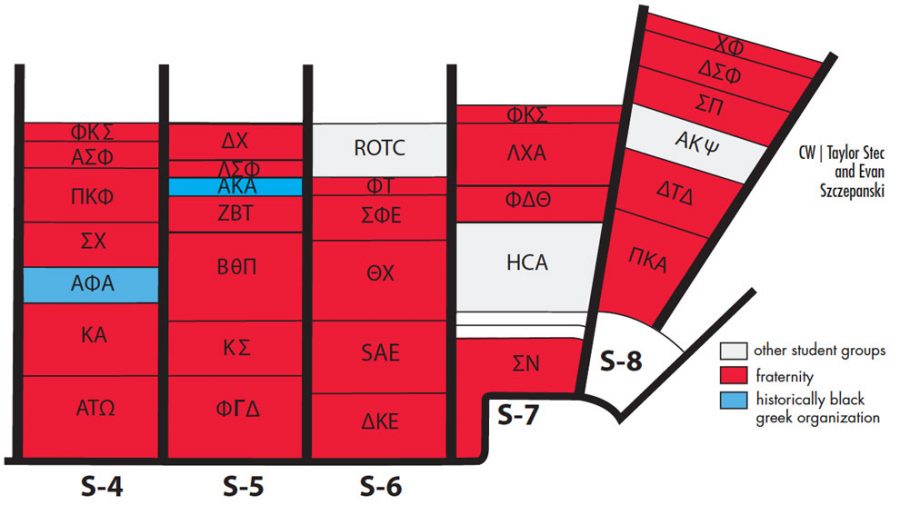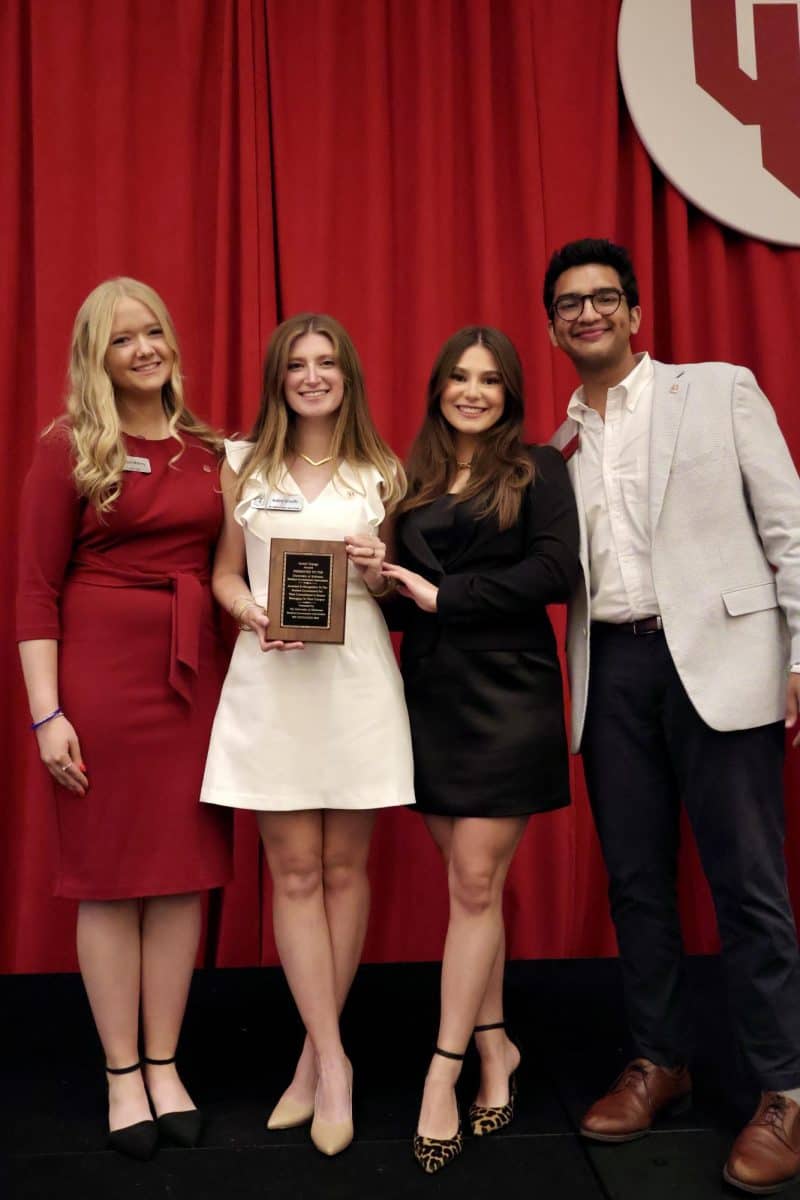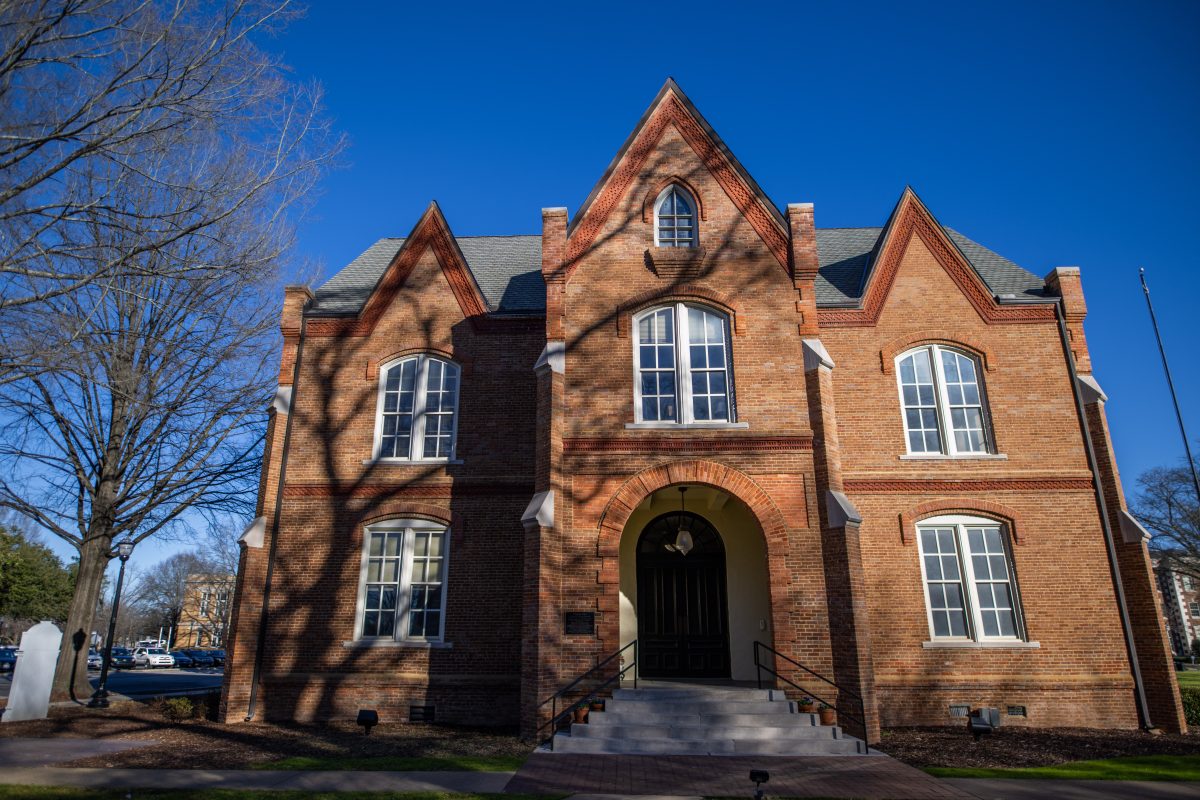Block seating privileges were given to 31 organizations at a meeting of the Student Organization Seating Committee Tuesday night, down from 34 organizations last year.
Only three non-greek organizations received organizational seating in the 4,400-seat section, down from eight groups a year ago. Five of the 36 applications submitted for Student Organization Seating last Friday were never graded by the committee—a number including the Law School and the graduate business school.
SGA Vice President for Student Affairs David Wilson interrupted the meeting at one point, saying, “There’s a handbook called the rules book, procedures of these meetings and stuff, does anybody have a copy of the handbook?”
No member had a copy on hand.
“There need to be rules,” Wilson said.
Darrell Hargreaves, the block seating faculty advisor, also noted issues with the group’s procedures.
“Doing this over the summer when you’re abroad…you guys are gone over the summer, and then trying to cram it into August in two or three weeks, and trying to get on the same page? Virtually impossible,” Hargreaves told the committee as its members deliberated a block seating chart proposed by committee chair Mckenzie Jones.
“You guys need to reconvene in January and discuss policy, rules, and things like that, because things aren’t crystal clear,” he said. “This is your organization. This is a student-run organization. But there are a lot of I-don’t-knows.”
The committee eventually passed the proposed chart in a 9-4 vote. During the meeting, multiple committee members raised concerns about Jones’ decision to put the Honors College Assembly on the third row.
“I just find it kind of ironic, the only concern that many of you have shared is just only about HCA,” said Jones, a member of Phi Gamma Delta. “If it’s just [that] everybody can’t be happy—it’s just one organization that you’re nitpicking on the block—then I think we’re pretty successful.”
Sarah Hughes, president of the Honors College Assembly, said she was satisfied with the proposal’s allocation for HCA.
“I am satisfied with the amount of seats we got, because we are such a large student organization,” she said after the meeting.
When asked to release the average score each organization received after being reviewed by the committee, Jones said he did not have those scores with him.
“I could have brought (them) here but I don’t think that was necessary. The seating should speak for itself on whether or not someone was rated low or high,” Jones said.
SGA Communications Director Seth Morrow later confirmed that the five organizations earning the most points were Phi Gamma Delta, Alpha Tau Omega, Delta Kappa Epsilon, Sigma Nu and Kappa Alpha Order, respectively.
When it came time to vote on the proposal, Jones said it had been confirmed that he could vote for absent member Raymond Dawkins. Flamerich challenged that assertion.
“Actually, let’s just do it like this. Since Raymond can’t be here, and you came in late, your vote does not count, Will,” said Jones, referring to committee member Will Pylant. “And everybody else will vote. That makes it an even number.”
A.J. Collins, chief of staff for the legislative branch, informed Jones that if the committee was operating under Robert’s Rules of Order, he could not prevent another member of the committee from voting.
After some discussion, Jones then asked committee members to vote with a show of hands.
“Yes, this is the actual vote,” he said.
Some committee members objected, asking for a secret ballot. Jones agreed.
When asked for a copy of committee voting procedures, none was provided to The Crimson White.







